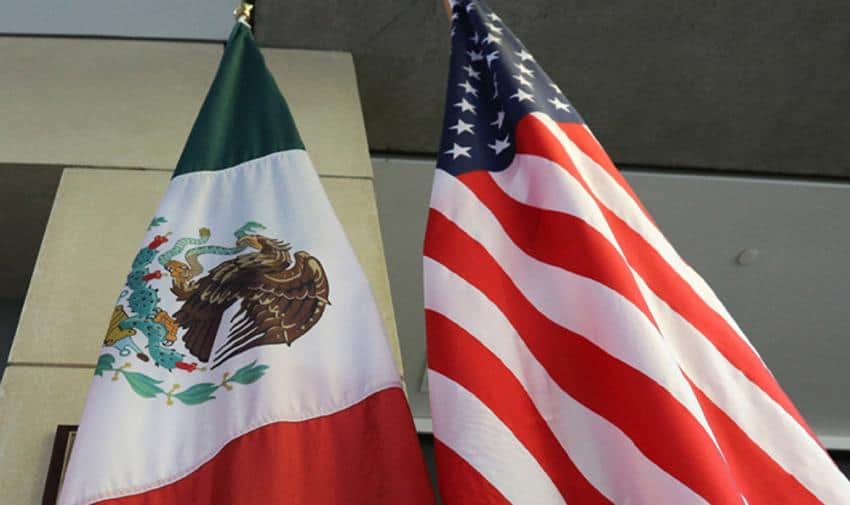Maxwell Ulin is a student at Harvard Law School.
Yesterday, the U.S. Senate Committee on Health, Education, Labor, and Pensions (HELP), announced that members had voted to advance three nominees for labor-policy posts in the Biden Administration. The Committee voted 14-8 in favor of the nomination of Jocelyn Samuels for Democratic Commissioner at the Equal Employment Opportunity Commission (EEOC), and by the same margin in support of Seema Nanda’s nomination for Solicitor of Labor. The Committee deadlocked 11-11, however, on advancing the nomination of CWA attorney Jennifer Abruzzo to serve as General Counsel of the National Labor Relations Board (NLRB), requiring the Senate to formally discharge her nomination from the panel. Republicans had pressed Abruzzo during her confirmation hearing over her potential involvement in President Biden’s decision to fire the former NLRB General Counsel, Peter Robb, as part of Biden’s labor policy transition team. While Biden may have stood on firm legal ground to remove Robb, firing him before the end of his term was unprecedented. Advancing all three nominees could not come soon enough, as Secretary of Labor Marty Walsh is already facing a policymaking slowdown due to the relaxed pace of Labor Department nominations. Indeed, only DoL and three other departments have not had a single sub-secretarial nominee teed up for a full Senate vote to date.
Abroad, meanwhile, U.S. policymakers have begun moving swiftly to enforce labor rights under the Biden Administration. Yesterday, U.S. Trade Representative Katherine Tai formally requested Mexican authorities to investigate alleged labor rights abuses at a General Motors factory in the Mexican State of Guanajuato. The request comes in response to revelations from last month, when Mexican officials investigating possible improprieties in a ratification vote for the Silao-based factory’s collective bargaining agreement discovered that a number of workers’ ballots had been destroyed. The violations prompted congressional outrage, with three Democratic Congressmen writing to General Motors to express their concern. Brought under the freshly enacted United States-Mexico-Canada Agreement (USMCA), Tai’s request constitutes the first ever labor rights complaint filed by the United States under any trade agreement and is poised to set new case law under the revised NAFTA accord. As Zach notes, it also comes on the heels of the first-ever labor rights petition against Mexico under the USMCA, filed on Monday by the AFL-CIO and SEIU. Under the USMCA, if the two countries are unable to agree on whether any violation exists at the factory, the U.S. can petition for a rapid-response labor panel to rule on the matter.
In California, the California Business and Industrial Alliance (CABIA) sought to revive its lawsuit challenging the state constitutionality of the Golden State’s Private Attorney General Act (PAGA). Long a source of employer frustration, PAGA allows workers to stand in the shoes of the state to sue employers on a class-action basis without regard to existing employee arbitration agreements. In their opening brief, CABIA argues that the case on which the district court rested its dismissal of the case, Iskanian v. CLS Transp. Los Angeles LLC, 59 Cal. 4th 348 (2014), addressed whether PAGA harmed the state judiciary’s ability to ensure prosecutorial neutrality and not whether, as contended in this case, the law unconstitutionally interferes with the Governor’s executive power.
As business groups continue to complain anecdotally over a tight labor market, 11 states have moved to opt out of federal pandemic unemployment benefits. Begun on May 4th by Montana Governor Greg Gianforte, the movement has now expanded to Alabama, Arkansas, Idaho, Iowa, Mississippi, Missouri, North Dakota, South Carolina, Tennessee, and Wyoming. These decisions are particularly concerning for the more than 4 million Americans currently receiving unemployment benefits exclusively from the federal government via the Pandemic Unemployment Assistance (PUA) program. Thankfully, as the National Employment Law Project recently noted, language in the CARES Act authorizing PUA arguably allowed the DoL to keep aid flowing independently for those who qualify.
At the enterprise level, recent days have been eventful ones in labor activism. After twelve weeks of negotiations the Metropolitan Opera has reached a yet-to-be disclosed deal with the American Guild of Musical Artists, a union which represents the Met’s chorus, dancers, actors, and stage managers. Having lost more than $150 million in revenue since the start of the pandemic, the Met is eager to reopen, but two major labor agreements remain outstanding; representatives of the stagehands’ union, IATSE Local 1, have been locked out since December. Elsewhere in New York, management at the American Civil Liberties Union (ACLU) have agreed to voluntarily recognize their employees’ new staff union, represented by the Non-Profit Professional Employees Union (NPEU), an affiliate of the International Federation of Professional and Technical Engineers (IFPTE) Local 70. And finally in Los Angeles, 80 drivers of Imperfect Foods, an environmentally conscious delivery service, voted yesterday to unionize 28-23 with the United Food & Commercial Workers Union (UFCW) Local 5.






Daily News & Commentary
Start your day with our roundup of the latest labor developments. See all
March 4
The NLRB and Ex-Cell-O; top aides to Labor Secretary resign; attacks on the Federal Mediation and Conciliation Service
March 3
Texas dismantles contracting program for minorities; NextEra settles ERISA lawsuit; Chipotle beats an age discrimination suit.
March 2
Block lays off over 4,000 workers; H-1B fee data is revealed.
March 1
The NLRB officially rescinds the Biden-era standard for determining joint-employer status; the DOL proposes a rule that would rescind the Biden-era standard for determining independent contractor status; and Walmart pays $100 million for deceiving delivery drivers regarding wages and tips.
February 27
The Ninth Circuit allows Trump to dismantle certain government unions based on national security concerns; and the DOL set to focus enforcement on firms with “outsized market power.”
February 26
Workplace AI regulations proposed in Michigan; en banc D.C. Circuit hears oral argument in CFPB case; white police officers sue Philadelphia over DEI policy.